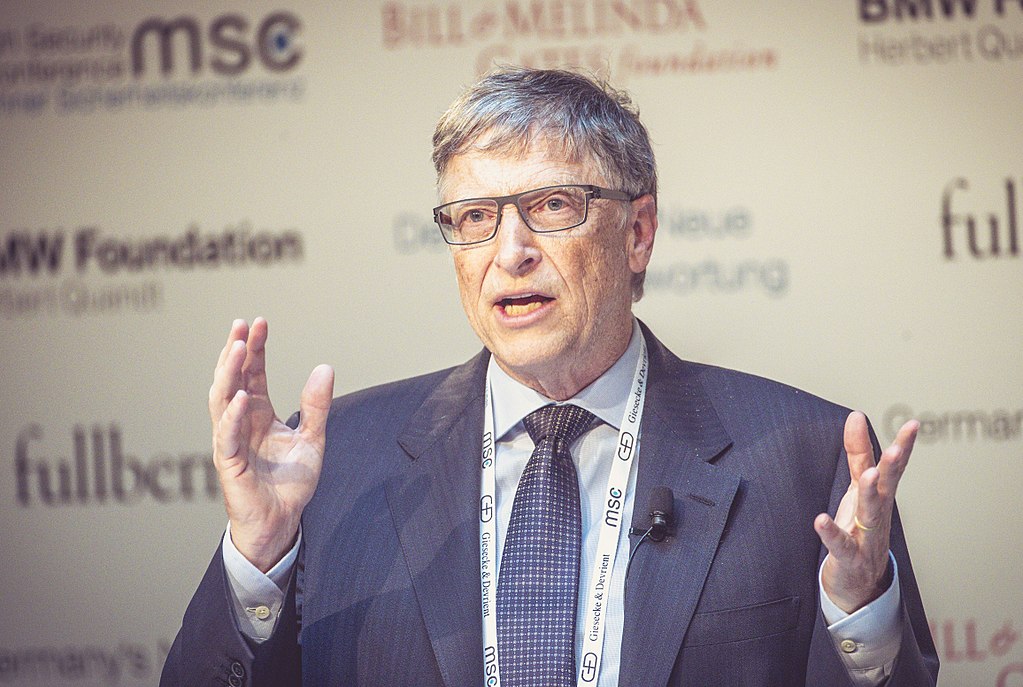Bill and Melinda Gates start not-for-profit biotech

The Bill and Melinda Gates Foundation has spun out a not-for-profit biotech company that will focus on finding treatments for diseases that predominantly affect the poor.
Although the firm - the Bill and Melinda Gates Medical Research Institute - has been operating since the beginning of the year, it was officially unveiled to its peers at the BIO International Convention in Boston last week.
The biotech aims to find medicines and vaccines for malaria, tuberculosis and diarrhoea, which between them cause around 2.6 million deaths a year globally.
The Bill and Melinda Gates Medical Research Institute was set up because many new ideas for new medicines never get tested in pre-clinical or clinical trials because pharma companies don’t think they will be profitable.
With a budget of $100 million, and a staff that could grow to more than 100 people, Bill and Melinda Gates aim to change this with their new not-for-profit organisation.
Former Genentech executive Susan Desmond-Hellmann, CEO of the Foundation, said: “What keeps me awake is we have all this capital, we have all this opportunity and we better get something done.”
“We better do some good in the world, or I will not feel good about leading in the Gates Foundation.”
According to Forbes, the Gates Foundation considered starting a medical research institute in its early days, but abandoned the idea.
However, as more experts from the drug business joined the Foundation, the idea gained traction, until Bill and Melinda decided to endorse the project, creating the Bill and Melinda Gates Medical Research Institute.
Penny Heaton, a vaccine developer recruited from Novartis, is to run the new biotech, drawing on experience gained at both the Swiss pharma company and the US Centers for Disease Control & Prevention.
The first project for the Bill and Melinda Gates Medical Research Institute will be to test whether giving adolescents the Bacillus Calmette-Guerin vaccine can boost their resistance to tuberculosis.
In the longer term, the research institute expects to pass new products on to commercial partners to market, but only after securing commitments that they will be made available at affordable prices, the right volume and delivered within deadlines.












